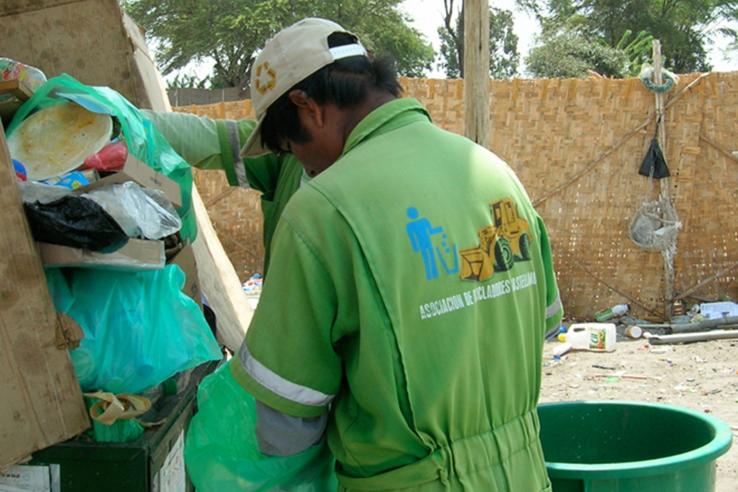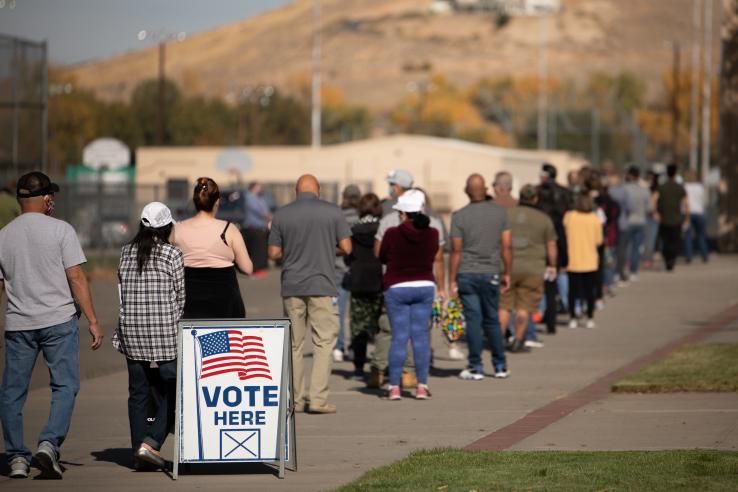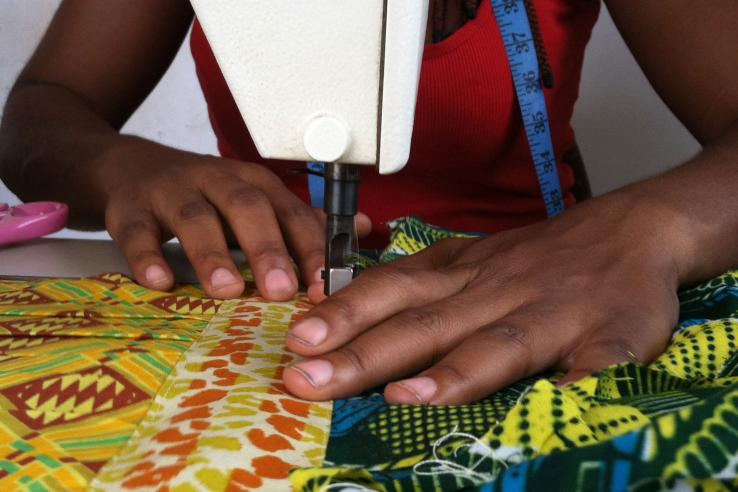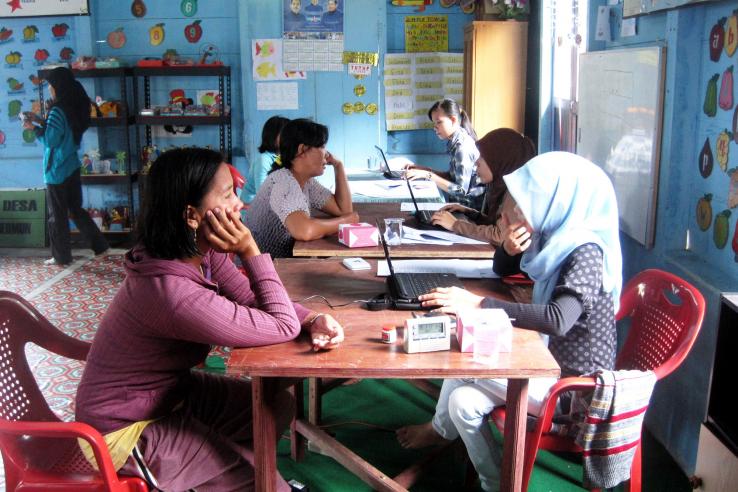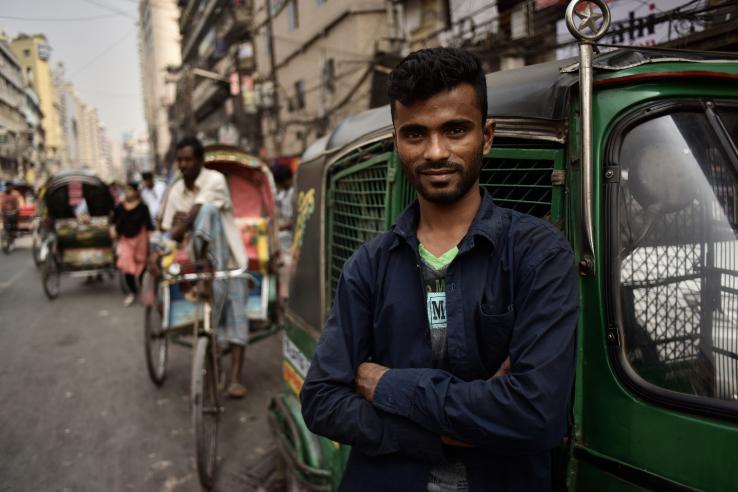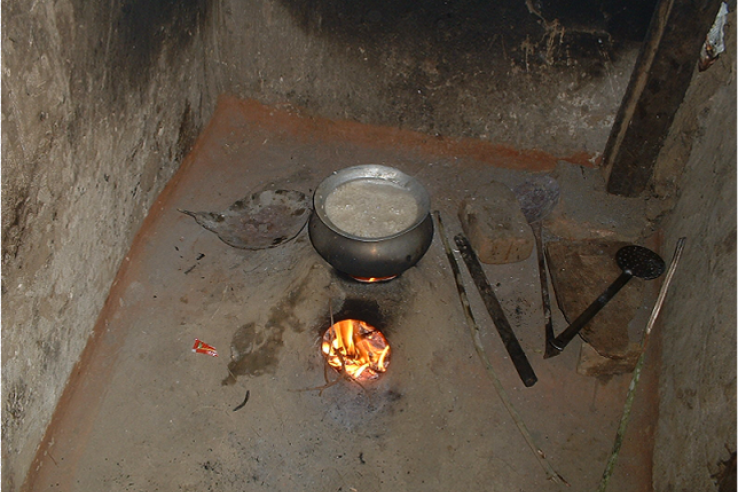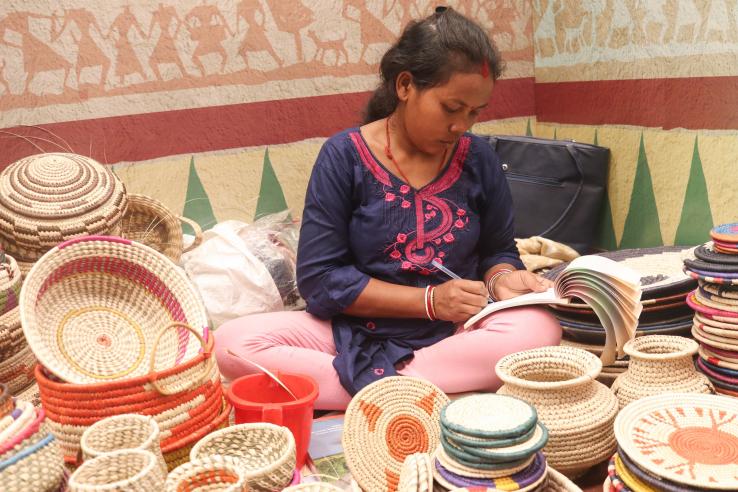Recycling Program Take-up and Participation in Northern Peru
Emergency Savings Accounts for Remittance Receivers in Mexico
The Impact of Exposing Corrupt Politicians through Government Audits in Brazil
Billions of dollars in government funds go missing each year due to corruption, but there is limited consensus on how best to tackle this global challenge. Researchers leveraged data from Brazil’s long-standing anticorruption program, which holds public lotteries to randomly select municipalities for audit. These government audits, aimed at uncovering the misuse of public resources, reduced corruption by promoting both electoral and judicial accountability.
